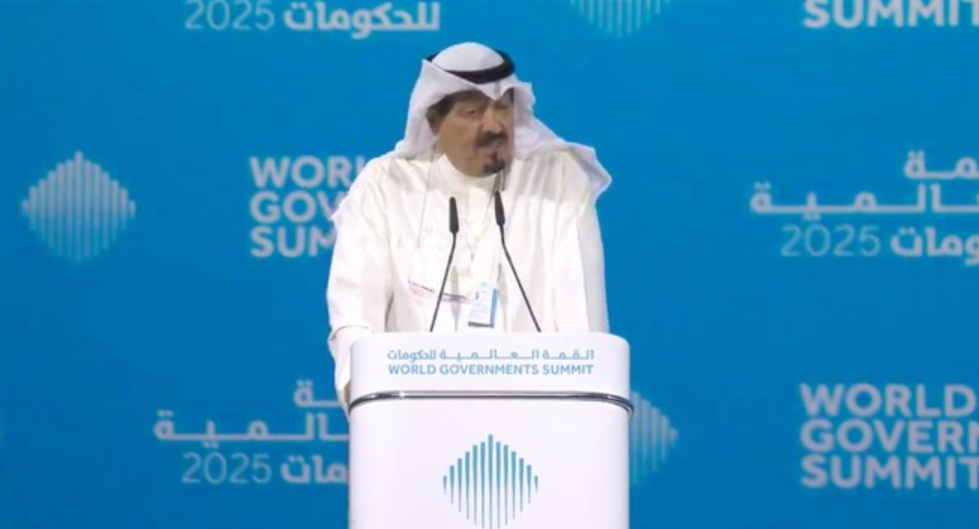Supreme Court Permits Military Courts to Announce Verdicts in Civilians’ Trials
The Supreme Court’s constitutional bench, led by Justice Amin-ud-Din, has allowed military courts to issue verdicts in cases involving civilian trials. The seven-member constitutional bench of the Supreme Court heard the petition challenging the trial of civilians in military courts.
Hearing and Initial Directives
The constitutional bench postponed the hearings of all cases except for those related to military courts. Justice Amin-ud-Din stated that only the case concerning military courts would be heard on the day.
The bench ruled that the decisions of the military courts would be subject to the final verdict of the pending Supreme Court case.
Can the Army Act be Amended to Apply to All Individuals?
At the outset of the hearing, Justice Jamal Khan Mandokhail remarked that arguments should first be presented on whether the annulled provisions of the Army Act are consistent with the Constitution. He questioned whether the Army Act could be amended to bring every person within its scope.
Justice Muhammad Ali Mazhar inquired about the reasoning behind declaring the provisions null and void in previous judicial decisions.
Justice Jamal Khan Mandokhail highlighted that the Army Act was created before the Constitution of 1973, and this aspect should be considered.
Do Not Disrespect Judicial Decisions, Says Justice Mandokhail
During the proceedings, Khawaja Haris, the lawyer representing the Ministry of Defence, stated that there were flaws in the Supreme Court’s decision.
In response, Justice Jamal Khan Mandokhail advised against using language that disrespected judicial decisions. Khawaja Haris later apologized, acknowledging that his words were not legally appropriate.
Call for Clarification on May 9 Incidents
Justice Muhammad Ali Mazhar emphasized the need for details on the May 9 events, stating that, at present, the focus was only on the case involving the Corps Commander’s House. He requested clarification on whether the case would remain limited to that incident.
The Additional Attorney General informed the court that the relevant details had been received earlier that morning and would be submitted formally through a supplementary application.
Impact of Annulled Provisions on Previous Trials
Justice Musarrat Hilali questioned the fate of trials conducted under the annulled provisions, especially those prior to May 9. She noted that many individuals might have been convicted under these provisions.
Khawaja Haris argued that, generally, judgments issued under annulled provisions are granted legal protection.
Justice Hilali remarked that this approach would be unfair to those convicted under such provisions.
Army Act and Fundamental Rights
Justice Jamal Khan Mandokhail observed that joining the army is a voluntary decision, and individuals are aware that the Army Act will apply to them. He explained that the Army Act was created to maintain discipline and regulate military service, where fundamental rights may not apply in the same manner as they do for civilians.
The lawyer for the Ministry of Defence argued that actions within the military are not carried out with criminal intent and that fundamental rights are only restricted when a crime is committed.
Justice Mandokhail then asked whether an appellate court is limited to considering only the appellant’s plea or if it can review other aspects of the case.
Justice Amin-ud-Din remarked that while parties may limit their submissions, the court is not bound to do so.
Permission for Military Courts to Announce Verdicts for 85 Defendants
The Supreme Court’s constitutional bench granted permission for military courts to announce verdicts for 85 defendants. The court ruled that these verdicts would be subject to the final decision of the pending Supreme Court case.
The bench also directed that leniency should be granted to those eligible for it, allowing them to be released. Defendants who could not be released would be transferred to prisons upon sentencing.
Trial of Civilians in Military Courts Expected to Conclude by January
Justice Amin-ud-Din expressed hope that the case regarding civilians’ trials in military courts would be concluded by January. Following the conclusion of this case, the petitions against the 26th Constitutional Amendment would be scheduled for hearing in the second week of January.
Justice Amin-ud-Din noted that numerous cases, including those related to the 26th Amendment, were pending in the pipeline.
Next Hearing After Winter Recess
The court adjourned the hearing of the case until after the winter recess, with further proceedings to be scheduled accordingly.














Post Comment